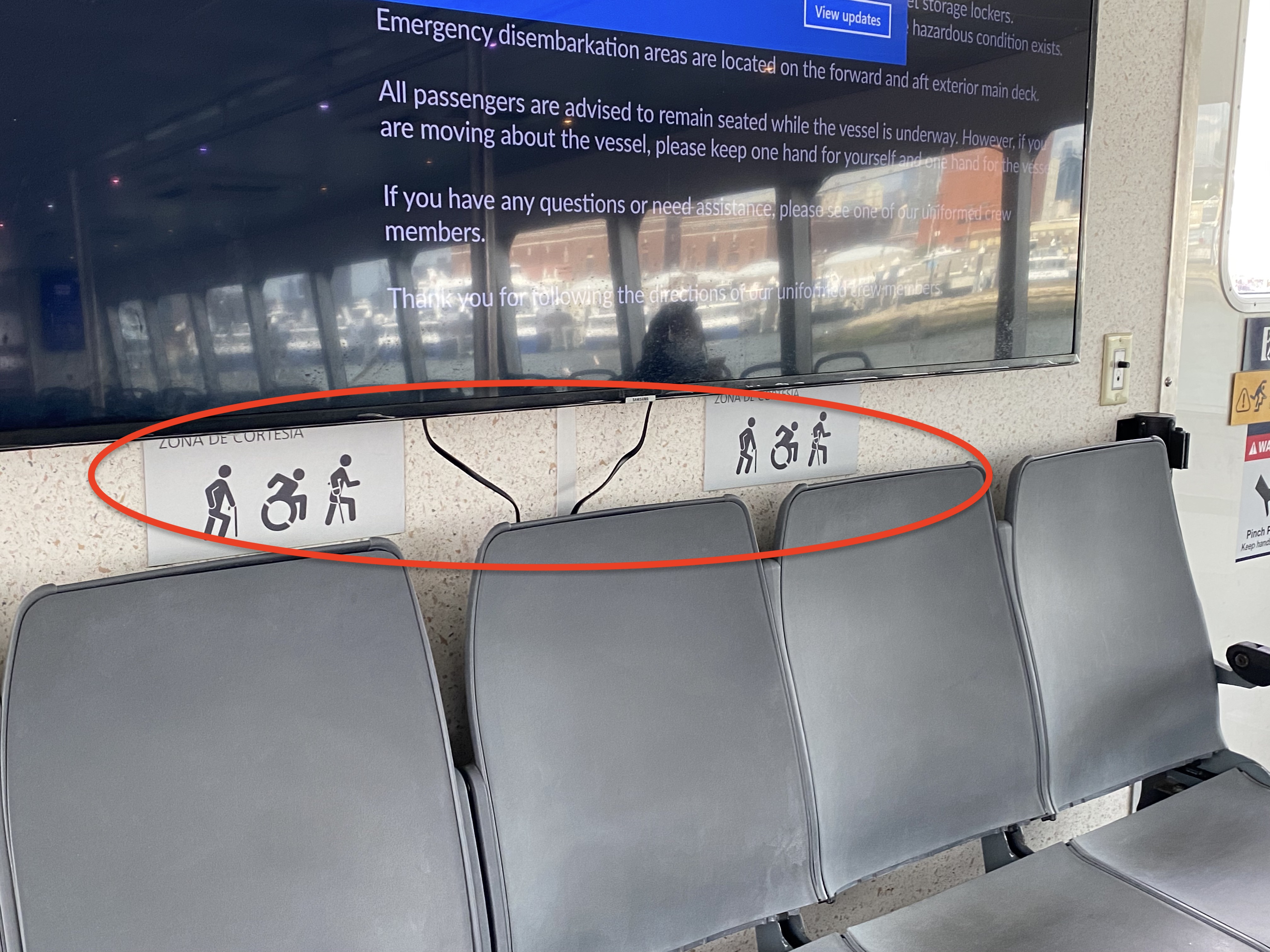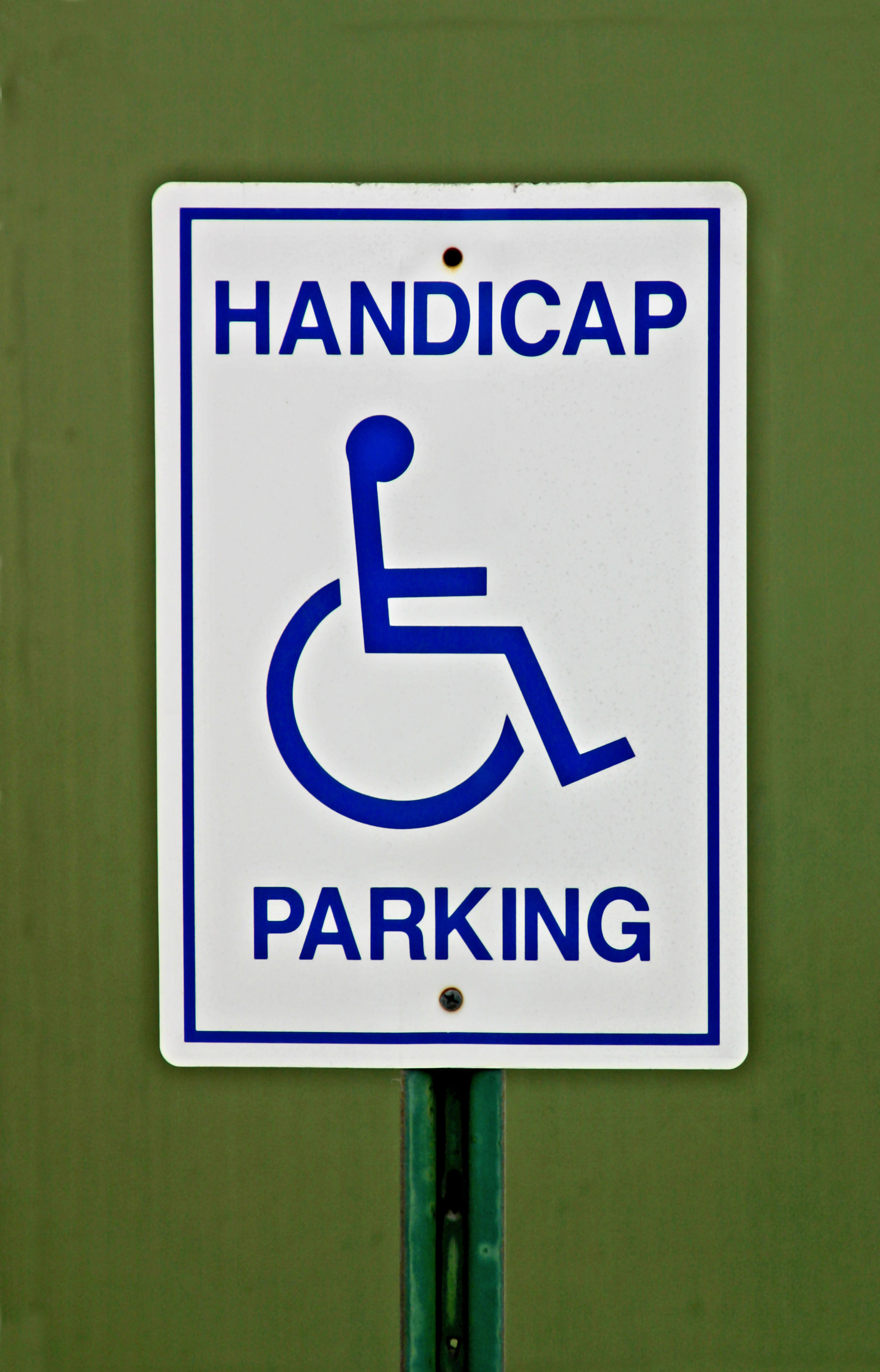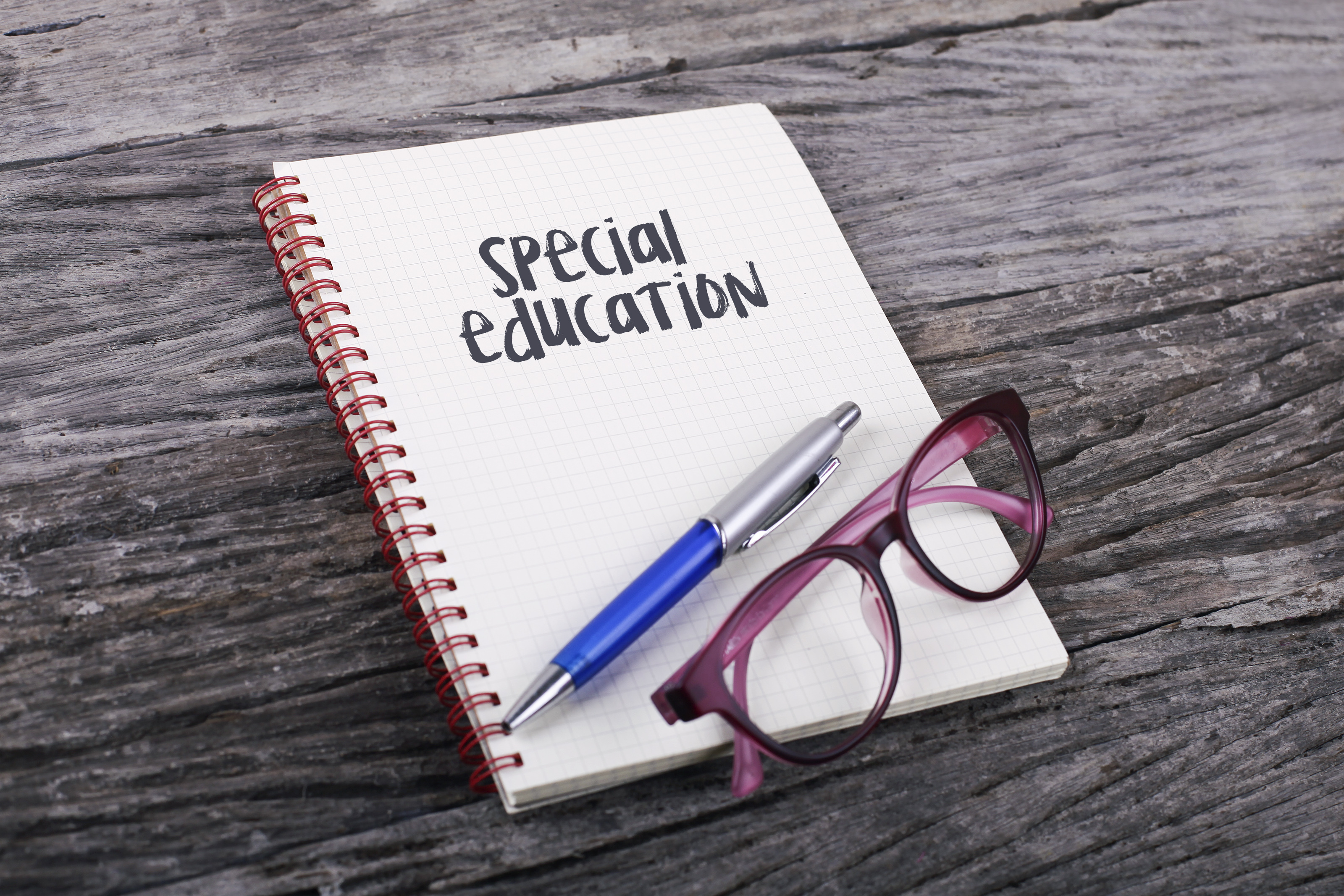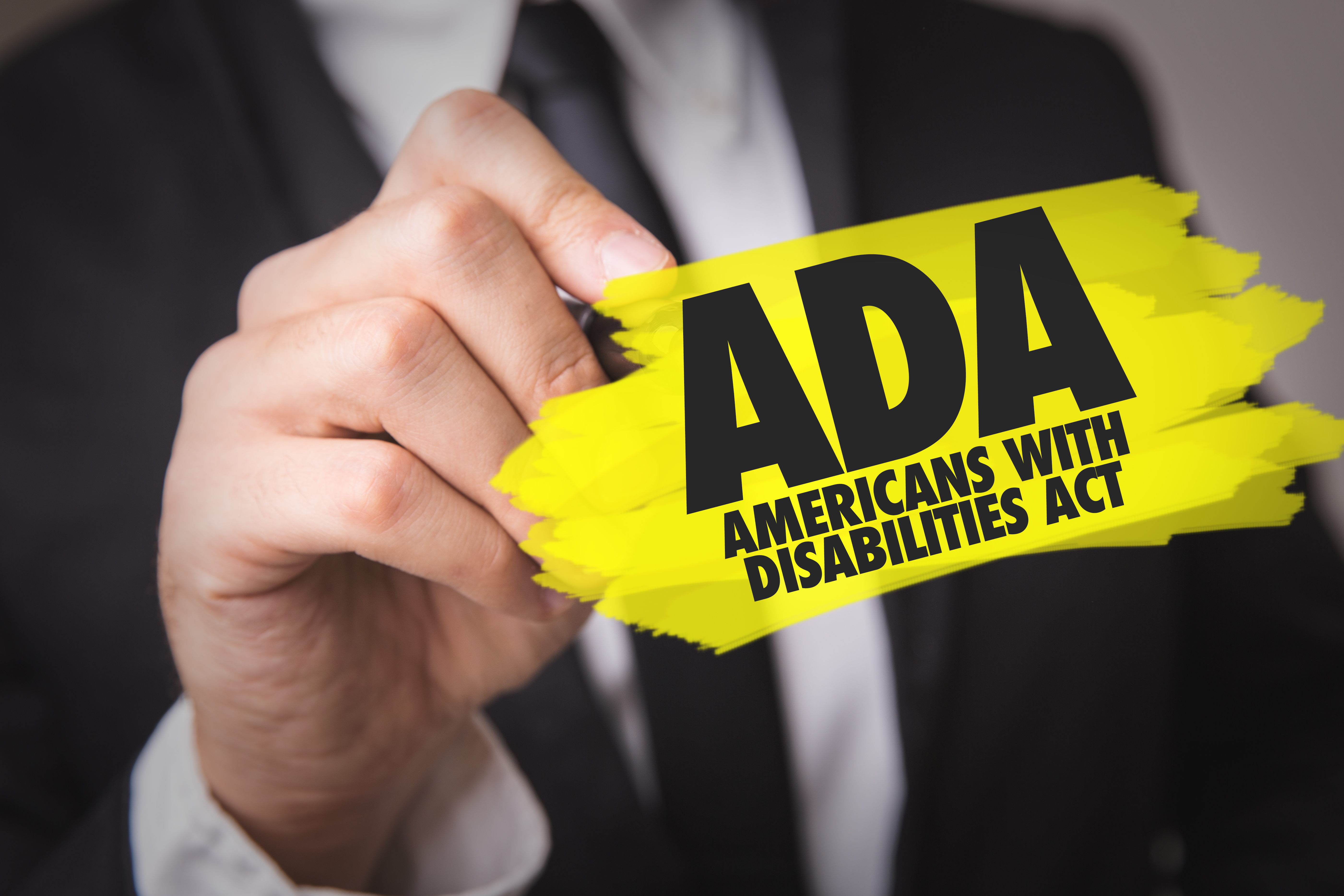It is thirty years since George HW Bush signed the Americans with Disabilities Act into law, so why are people with disabilities still fighting for equal access?
The legislation is a federally unfunded mandate with no teeth. Unlike with health departments around the country that send inspectors to visit dining establishments to confirm compliance, no one is investigating access. That forces the people or their parents to file complaint after complaint to obtain the legally guaranteed access. However, who has the time to complain about so many aspects of one’s life?

Except if you do this, businesses may accuse you of drumming up business as the Henry Ford Museum did when I requested hearing access for a future visit by my daughter. People with disabilities or their parents aren’t supposed to work in the field and also need access.
The lack of access is pervasive in every aspect of life, from culture to transportation, which means having a disability requires people or their parents to become professional complainers. I filed so many complaints against the National Park Service (NPS) that the NPS asked me to testify before its subcommittee in Congress. My remarks were so spot-on that the NPS asked me to help write the NPS Accessibility Guidelines and acknowledged my contribution on page 76.
Mind you, no one paid me for this assistance, and they rarely do. People with disabilities are grateful when government agencies reimburse their out-of-pocket expenses. The Federal Communications Commission (FCC) stopped appointing me to its Consumer Advisory Committee when I requested reimbursement for my travel expenses. Government agencies think parents, people, or organizations should pay their travel costs to work for free to ensure that people with disabilities receive access to the ADA guarantees.
Another issue is a misconception that access only means physical access. It doesn’t, but places of public accommodation regularly omit hearing, visual, and cognitive access. New York City added physical access to its ferries and the waiting area, but I couldn’t locate hearing access. This omission shocked me since I was a member of the US Access Board’s Passenger Vessel Accessibility Guidelines (“PVAG”) Committee and had contacted the ferry company ahead of time to ensure its inclusion.

The issues go further than the lack of access. Government agencies and legislation across the country still use derogatory terms to refer to people with disabilities as if the language doesn’t matter. The H-word is still used in some places to refer to parking spots, as in handicapped parking. Ableism is so normalized that few people even know the term means “discrimination or prejudice against individuals with disabilities.”

The media publishes articles using offensive terms, including using the word “special needs.” I contacted a significant media outlet recently and received this response:
“I understand the concern you and others have about this language. At the same time, as you know, this description remains in common use, including in many government contexts.”

People with disabilities don’t have “special needs”; they need the removal of artificial barriers and the press to update its language and use the NCDJ Style Guide.
People with disabilities need teeth added to the ADA, just like the Voting Rights Act of 1965 augmented the Civil Rights Act of 1964. Otherwise, the ADA will continue to be a wishful dream with no enforcement mechanism.


